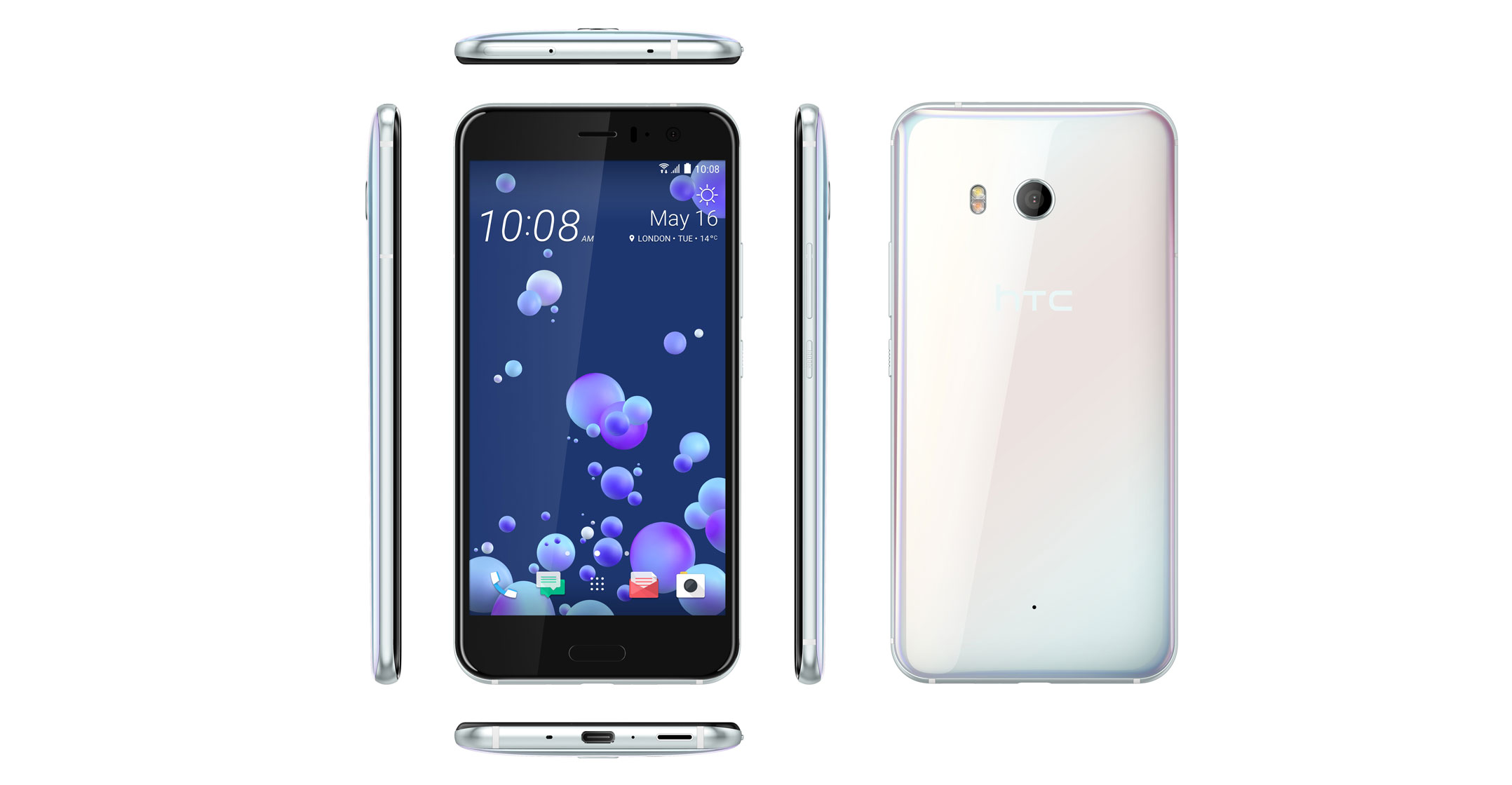![]()
Google has closed its US$1.1bn deal with HTC, adding more than 2 000 smartphone specialists in Taiwan to help the search giant chase Apple in the cut-throat premium handset market.
The deal will help Google wade deeper into designing its own consumer hardware and special-purpose chips — like Apple. Google’s most recent Pixel model came with a new image processor to improve the device’s camera. More of this “custom silicon” will come in future Pixel devices, Google’s hardware chief Rick Osterloh said in an interview.
Osterloh brought in HTC engineers and designers to help Google control more of the design and production of its products, including working more closely with suppliers. Google previously focused on software and let manufacturers including Samsung Electronics and HTC handle the hardware. But modern phones offer features like augmented reality and artificial intelligence-based services that require close integration of software and hardware.
“You have to be vertical in some cases to really push the envelope for consumers,” Osterloh said. “Our intention is to invest in this for the long term. You’ll see a steady increase in investment from us.”
A bigger step would be to create its own “system-on-a-chip” — the main processors inside phones that Apple now inserts into its devices. Qualcomm provides the bulk of these chips to Android phone makers, and Osterloh said Google will keep working with the supplier for the foreseeable future.
Still, by designing more silicon itself, Google could cut business for other suppliers. Apple released its first system-on-a-chip in 2010, and has added special chips to store fingerprint and payment data, track motion, crunch graphics and run AI algorithms on mobile devices.
Google’s Pixel sales have been a fraction of Apple’s, but another phone maker designing more of its own components is a bad sign for suppliers. Dialog Semiconductor slumped last month after telling investors that Apple, its biggest customer, could design its own power-management chips. Imagination Technologies Group suffered a similar fate last year after Apple stopped buying the UK company’s graphics chips in favour of in-house designs.
Bad news for others
The HTC deal is also bad news for manufacturers of phones based on Google’s Android operating system. Most of these companies have struggled to make money selling premium handsets that compete with the iPhone, while Google benefited from distributing search and other lucrative software services on those devices. Now Google is making its own high-end smartphones. The Pixel phone sold 1.5m units in 2017, up from a million the year before, according to Counterpoint Research. By contrast, Samsung is estimated to have shipped more than 300m smartphone units last year.
If Android partners aren’t alienated by Google’s entrance, they are at least uneasy. After the Pixel arrived, some major Android manufacturers, like Samsung and Huawei Technologies, began to roll out more of their own services on their phones.

Other Android manufacturers “know why we’re doing this”, Osterloh said. “Quite honestly, Apple is doing really well in developed markets.”
After the HTC deal, Google plans to expand research and marketing, cut deals with more phone carriers and retailers, and move into new markets. Sales remain limited to nine countries, including the US, Germany and Singapore.
“China is obviously a very attractive smartphone market and we’re certainly interested in going back to China in the future, but we don’t have any plans to discuss and frankly it’s complicated for the company,” he said. Google pulled its services from mainland China in 2010 after refusing to censor its search results.
If Google’s push into smartphones sounds familiar, that’s because the latest deal echoes Google’s $12.5bn acquisition of Motorola Mobility in 2012. That experiment flopped. Google never integrated the business and sold most of it to Lenovo for $2.9bn. In a blog post, Alphabet CEO Larry Page said Motorola would be better off with a company that’s “all-in when it comes to making mobile devices”.
Osterloh knows the history well. He was at Motorola after the purchase and stayed on to run it for the Chinese company.
So, what makes things different this time around? “The context, the time, it’s a different world than it was during the PC era,” said Osterloh. — Reported by Shelly Banjo and Mark Bergen, (c) 2018 Bloomberg LP

